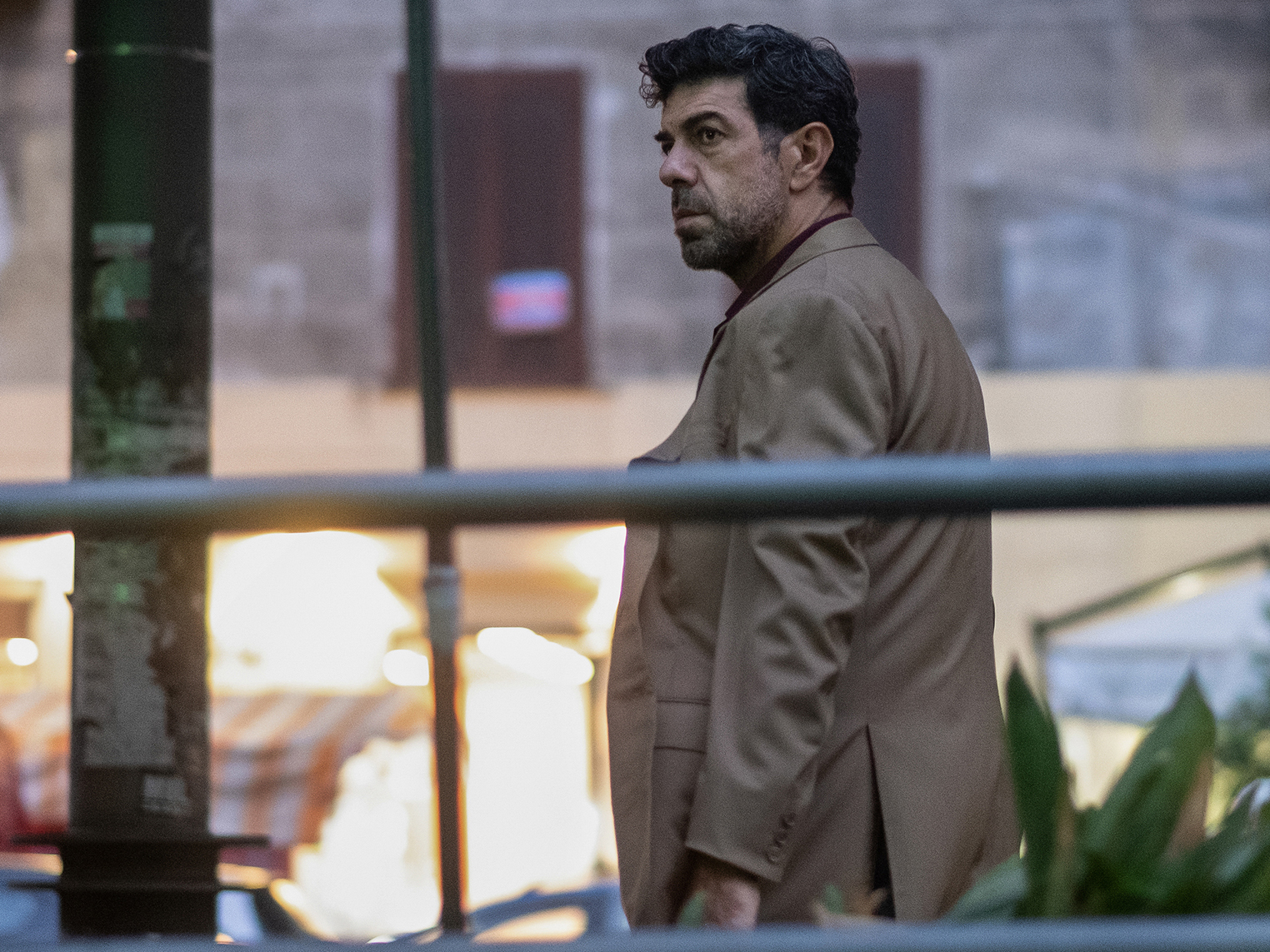
- Golden Globe Awards
Nostalgia (Italy)
With Nostalgia, Italian writer/director Mario Martone returns to the heart of his beloved hometown of Naples, many years after his acclaimed L’amore molesto (Troubled Love, 1995). This time, he explores the historical, colorful, and troubled aera of Naples’s Rione Sanità. Martone’s film decidedly puts Naples back on the international film map, as attested by Paolo Sorrentino‘s The Hand of God and the acclaimed TV series Gomorrah. Nostalgia premiered successfully at the last Cannes Film Festival, had a very strong Italian theatrical release and is Italy’s selection to the Academy Awards as international film.
Based on the book of the same title by novelist Ermanno Rea, adapted for the screen by Martone and his wife and constant collaborator Ippolita Di Maio, Nostalgia follows the story of Felice Lasco, played by Italian star Pierfrancesco Favino, a middle-aged man who returns to his native Naples after living for decades in Egypt. Once back, Lasco is caught up in memories of a distant life spent in his hometown, as his criminal youth slowly catches up with him. In the cast, next to Favino, are Francesco Di Leva, Tommaso Ragno and Aurora Quattrocchi.
“I found the character of Felice Lasco appealing right because he is so out the box in terms of what you generally see in Italian cinema,” Martone told Variety, talking about Lasco’s journey back to Naples after living abroad a long time. “He’s not a hero. He’s someone who feels the need to find himself by going back to his roots, ad any cost. And all this is taking place against the backdrop of a global South, that transcends Naples because he arrives there from the Middle East. This provided me with a setting that isn’t entirely geographically defined. It’s Naples, of course, and in particular it’s the city’s Sanità neighborhood. But there is something broader that this character carries with him.”
Sanità, albeit known for poverty and crime, shines in the film with its wonderful churches and Baroque architecture, a strong element in the narrative. “I understood that I could shoot the entire film without ever straying away from Sanità,” Martone said in a video chat with Ciak Italian magazine. “And I didn’t know this neighborhood too well. It’s an enclave that even Neapolitans like me don’t know much about or understand; it’s far from the sea and quite dangerous, languishing in a state of abandon for many years.”
Martone depicts Sanità as a sort of a chessboard, or a labyrinth deep inside Naples, the chaotic capital of the Mediterranean South. “I like those analogies because they are apt to explain what I intended to do with the camera,” he told Italian daily Il Foglio. “Felice gradually delves into the Sanità, but it’s as though the labyrinth keeps swaying inside him.”

